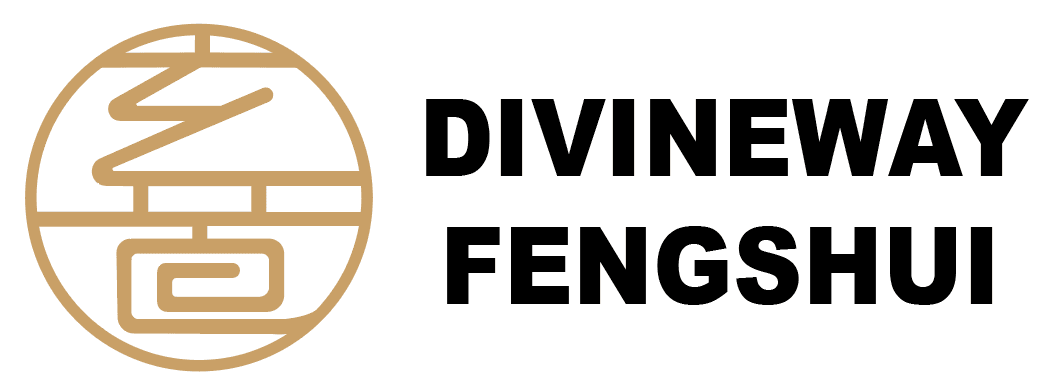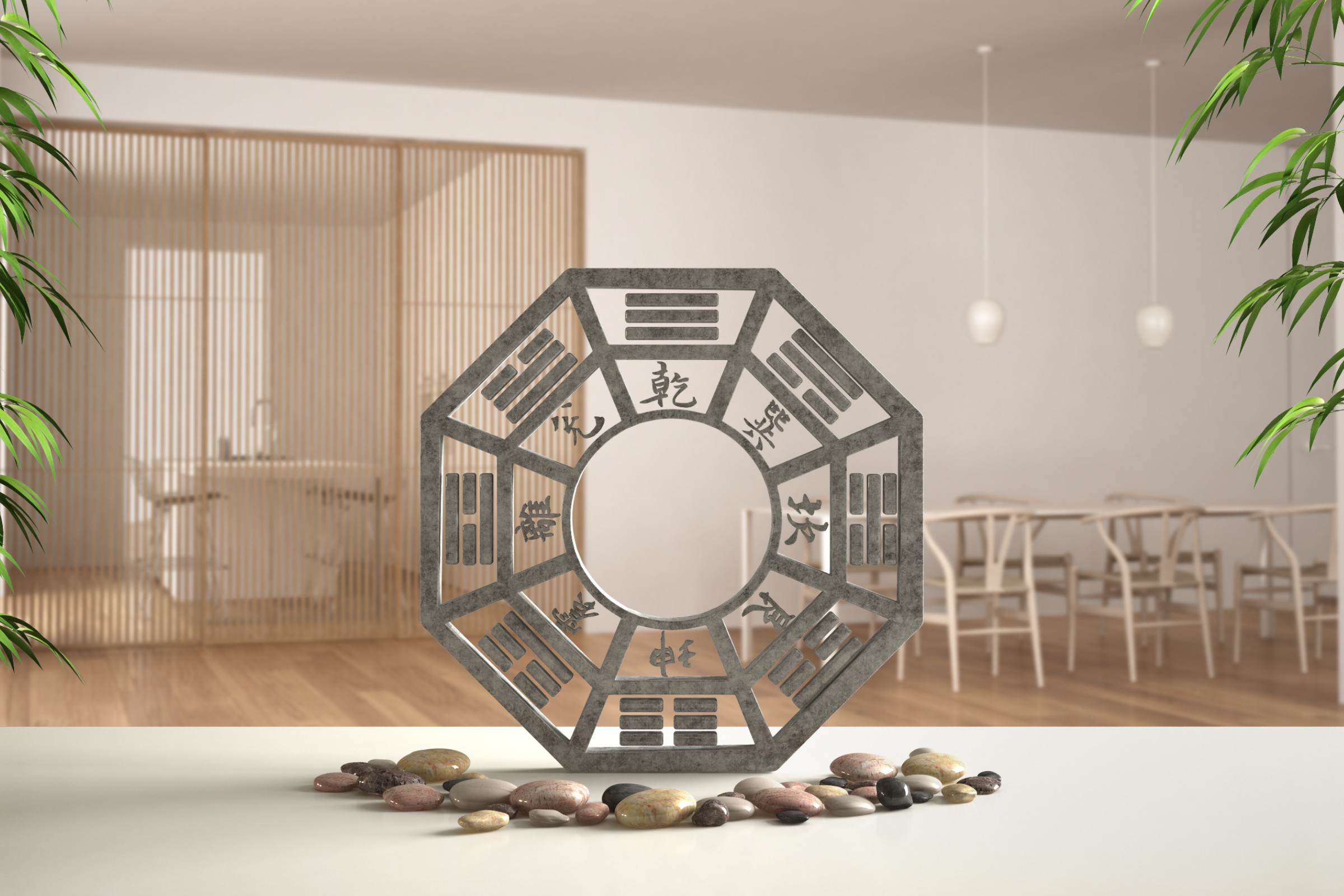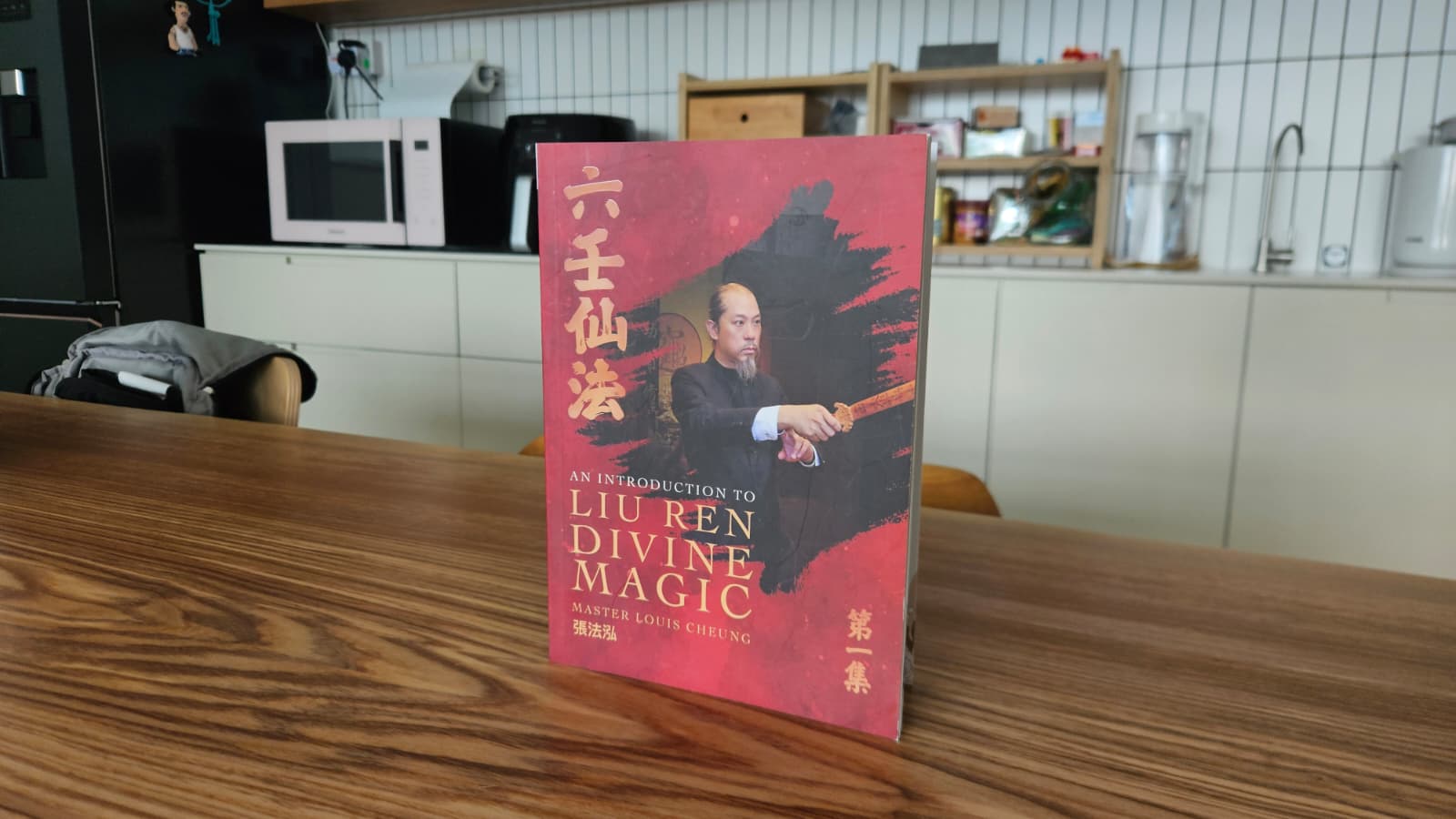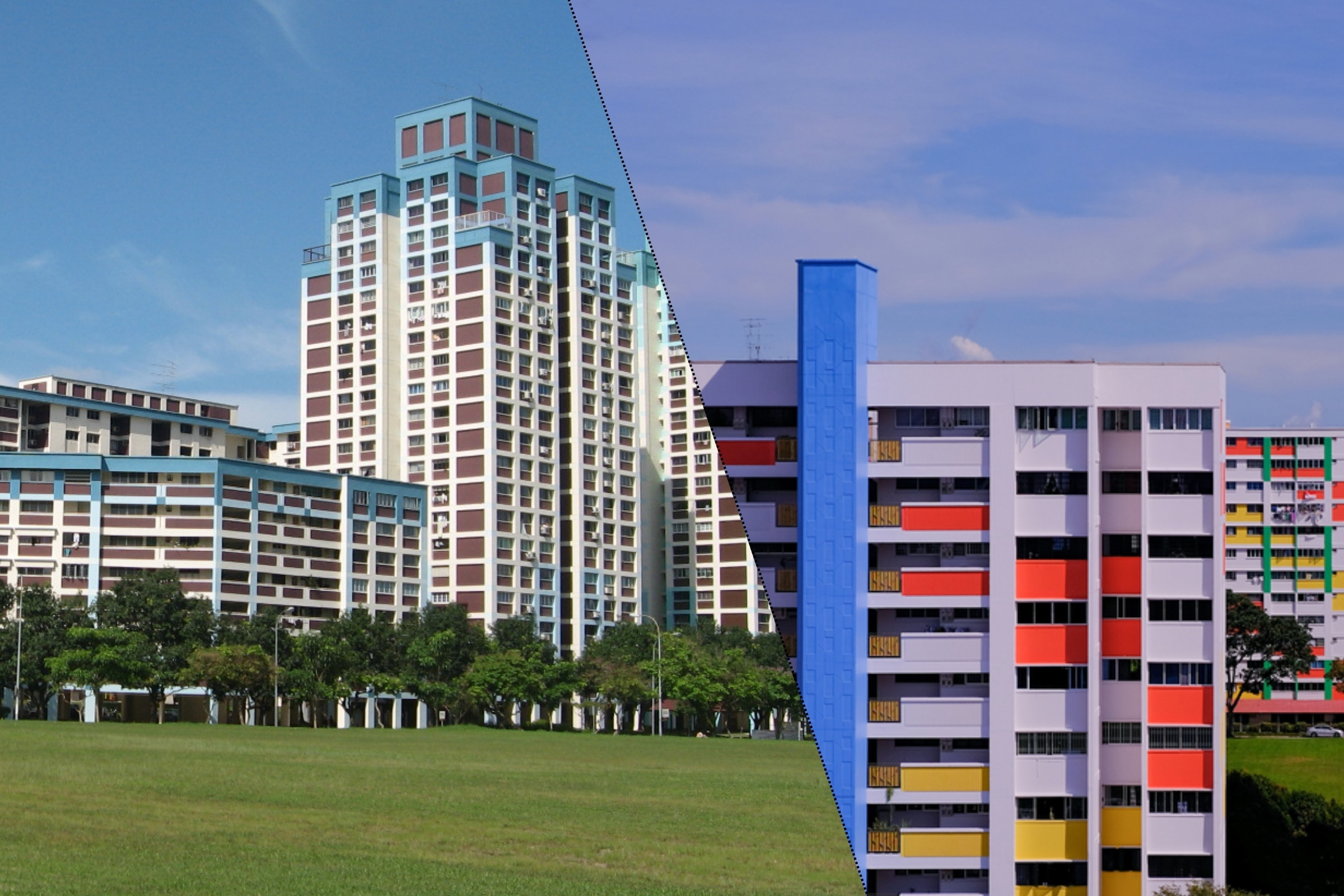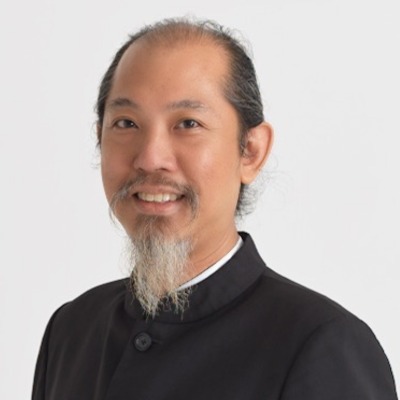A feng shui master is someone who works with energy, not in a mystical way, but in the way your environment influences how you feel, live, and even succeed.
Feng shui — which means “wind and water” — is the ancient Chinese art of arranging spaces to align with the flow of qi, or life force. This practice is deeply rooted in tradition, yet it continues to evolve in today’s modern world.
In today’s world, consultants blend this wisdom with a practical eye for design and layout. They assess how energy circulates through a home or office and guide clients to tweak spaces to better support goals like wellness, prosperity, or peace of mind. Practitioners like Master Louis Cheung of Divineway, for instance, help clients through a mix of traditional techniques and modern sensibilities.
So what’s it actually like to be one of these experts? How do they operate, and what exactly do they do? Let’s take a closer look at the day-to-day of these professionals and how they bring balance into the built environment.
What Does a Feng Shui Master Actually Do?
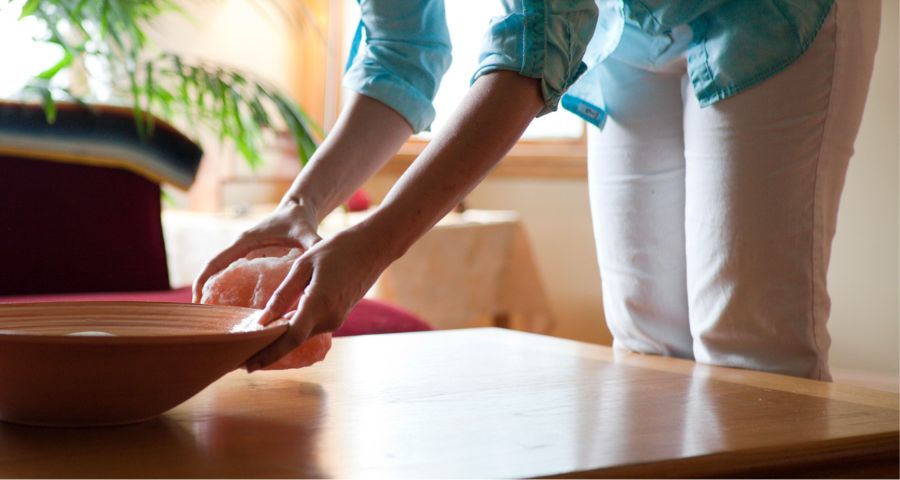
From Philosophy to Floor Plan
A feng shui consultant helps clients create environments that feel good to live or work in. They do this by balancing energies through placement, colours, and the five elements — Wood, Fire, Earth, Metal, and Water. Each decision is based on ancient frameworks that correlate physical space with various life aspects, from career to relationships.
Each space is seen as a reflection of the people who use it. If things feel off — poor sleep, financial blocks, lack of focus — the practitioner reads the space like a map to uncover why. They interpret spatial design and flow to detect where energy might be stuck or misaligned.
They’ll assess your goals and examine how your space might support or hinder them. Everything, from the front door’s location to the colour of your curtains, might play a role. With their guidance, clients often gain new insight into how their surroundings reflect and shape their current life situations.
It’s More Than Moving Furniture
While feng shui is sometimes reduced to furniture arrangement, a good consultant brings in far more depth. They consider your personal energy, layout, light, flow, and even your birth chart (in some cases). It’s an intricate process, but when done right, the impact can feel transformative.
These professionals do not simply suggest buying trinkets or charms. Instead, they guide clients through practical, informed changes that can create noticeable shifts in their everyday experiences. The result is a space that not only looks better but also feels more aligned with one’s goals and well-being.
Tools of the Trade
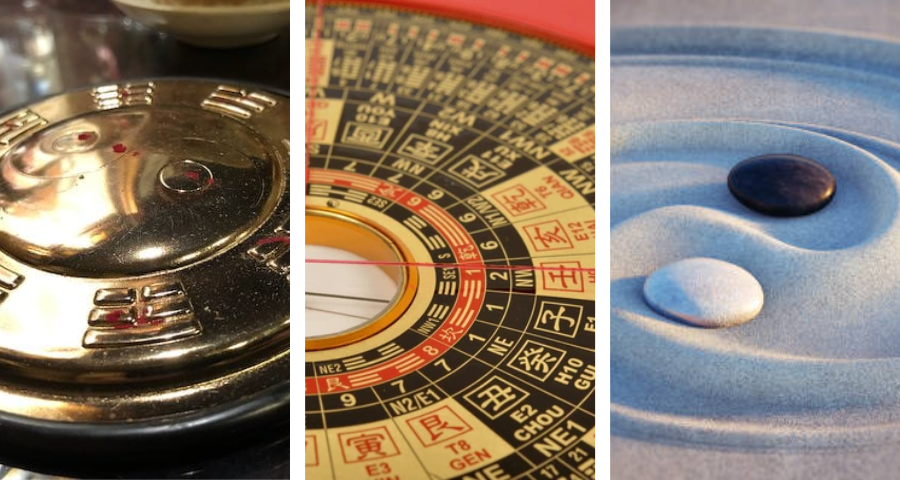
Bagua Map
The Bagua is a foundational feng shui tool — an energy map that divides your space into nine life areas: wealth, career, relationships, and more. By overlaying it on your floor plan, the consultant sees where energy might be lacking or overactive. This map becomes a key reference point in understanding how each section of the space corresponds to different life domains.
Consultants use the Bagua to guide both analysis and recommendations. It helps prioritise changes in areas of the home that correspond to pressing personal or professional goals. When used effectively, the Bagua can offer clear direction on where to focus adjustments first.
Lo-Pan Compass
This isn’t your everyday compass. The Lo-Pan is a specialised tool that helps pinpoint the orientation of your space and locate energy sectors. It contains rings of formulas and directional readings that allow the practitioner to be precise in diagnosing energy patterns.
Using this compass, the consultant can determine the most auspicious directions and placements. These calculations are particularly useful in complex environments like apartments or offices. Proper use of the Lo-Pan helps avoid guesswork and brings accuracy to the practice.
Five Elements & Yin-Yang Balance
Consultants often evaluate whether your space has too much of one element (e.g. too much metal or fire) and suggest ways to balance it out. They also look at yin and yang — the passive and active energies — to create spaces that calm or energise appropriately. A harmonious balance between these elements promotes a healthier and more productive environment.
For example, if a room feels overly harsh or busy, introducing more yin elements can soften the energy. On the other hand, a space that feels stagnant might benefit from more yang — such as bright lighting or bold colours. These elemental tweaks are often subtle but highly effective.
The Consultation Process
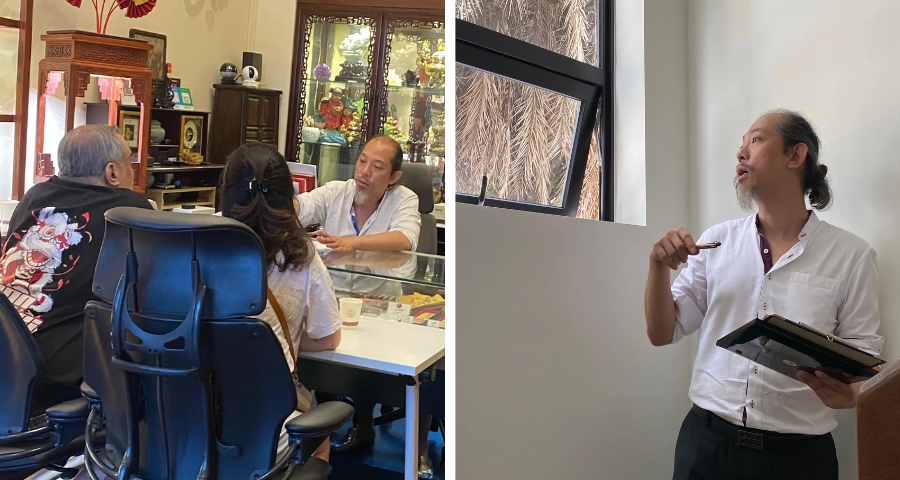
Pre-Visit Prep
Consultants often evaluate whether your space has too much of one element (e.g. too much metal or fire) and suggest ways to balance it out. They also look at yin and yang — the passive and active energies — to create spaces that calm or energise appropriately. A harmonious balance between these elements promotes a healthier and more productive environment.
For example, if a room feels overly harsh or busy, introducing more yin elements can soften the energy. On the other hand, a space that feels stagnant might benefit from more yang — such as bright lighting or bold colours. These elemental tweaks are often subtle but highly effective.
On-Site Survey
During the visit, the consultant walks through the space with you. They might take compass readings, observe how rooms connect, note colour schemes, and pay close attention to clutter, lighting, and furniture placement. Every detail is considered — from floor materials to ceiling height.
It’s not uncommon for a practitioner to spot a “block” in energy flow within moments. For example, a large sofa cutting through a walkway could be disrupting the qi. The walkthrough becomes a collaborative session, with both observation and explanation happening in real time.
Suggestions & Remedies
You won’t be handed a long shopping list. Most consultants suggest practical, low-cost changes — shifting a mirror, adding a water feature, changing paint colours, or introducing more natural light. These recommendations are always grounded in feng shui theory and personalised to your space.
Some might offer symbolic cures (like plants, crystals, or artwork) tailored to your specific goals. The emphasis is on what feels intuitive, not superstitious. Often, clients are surprised at how a few simple tweaks can change the entire vibe of a room.
Reporting & Follow-Up
Clients usually receive a detailed report outlining all findings and recommendations. This might include room-by-room tips, personal element alignments, and a list of suggested changes. It acts as a reference guide for clients to implement changes at their own pace.
Many practitioners offer ongoing support, allowing clients to follow up as they implement the changes. Some even offer a second visit or virtual check-in to review progress. This continued guidance can make the experience more meaningful and effective.
Transforming Homes
Starting at the Entryway
The main door is where qi enters the home. Consultants often start here. A cluttered or poorly lit entrance can block opportunity.
Simple fixes like a clean mat, healthy plant, or brighter light can make a huge difference in flow and mood. By creating a welcoming entrance, you set the tone for the energy that enters and circulates. This small area often has an outsized influence on the rest of the home.
Bedrooms, Kitchens, Bathrooms
In bedrooms, bed placement is key. It should face the door but not align directly with it. This supports a sense of safety while maintaining awareness of the room’s energy flow.
Kitchens, tied to nourishment and wealth, are examined for stove placement and balance between water and fire elements. Bathrooms (where energy can “drain”) are balanced using wood elements like bamboo or green towels to mitigate excess water energy. Each adjustment is small but strategic.
Decluttering: A Core Remedy
Across nearly every consultation, clutter is addressed. Clutter equals stuck energy. It can accumulate not just in rooms but in closets, drawers, and even digital spaces.
Whether it’s that overflowing chair-drobe or a junk-filled drawer, clearing it out opens the path for new energy — and new opportunities. Practitioners may guide clients to part with items that no longer serve them. The process often leads to emotional clarity and fresh perspective.
Even small adjustments, like moving a desk or switching the direction of a chair, can shift how a room feels and functions. These subtle changes in feng shui for homes often lead to greater productivity and peace of mind. The goal is to create an environment that supports rather than drains.
Transforming Offices and Commercial Spaces
Productivity, Flow, and Team Energy
With office feng shui, the consultant’s goal is often to improve flow, teamwork, and success. Desks should ideally face the entrance (a “command position”), and managers’ offices should have strong backing (like a solid wall) to symbolise support. A well-placed break area can even enhance communication among teams.
Even the position of a printer or placement of a meeting room can influence team dynamics. Lighting, plants, and acoustics are also taken into account. These changes can directly impact morale and workflow.
Business Growth & Brand Energy
Some businesses consult feng shui experts before launching, renovating, or relocating. The idea is to embed success and abundance into the very foundation of the space. From logo colours to store orientation, feng shui can influence brand perception.
Colours, symbols, layout, and even the direction the business faces all contribute to a cohesive, energy-positive workplace. Retail spaces, in particular, benefit from strategic layouts that encourage flow and ease of movement. For corporate offices, a consultant may also advise on room functions and leadership zones.
Myths and Misconceptions
It’s Not Just About Lucky Items
One of the biggest misunderstandings? That feng shui is about lucky charms or expensive statues. A real practitioner focuses on the energy structure first — the items come second, if at all.
Most changes involve light, movement, intention, and placement. The most powerful fixes often cost nothing at all. It’s more about how your environment makes you feel than what objects you own.
You Don’t Have to Believe in It for It to Work
Feng shui isn’t a religion. You don’t need to “believe” in it like a spiritual doctrine. Think of it as environmental psychology rooted in centuries of observation.
Even sceptical clients often report feeling lighter or more focused after making feng shui adjustments. At its core, it’s about awareness and intention. Making your space work better for you is something anyone can appreciate.
Why People Seek Feng Shui Help
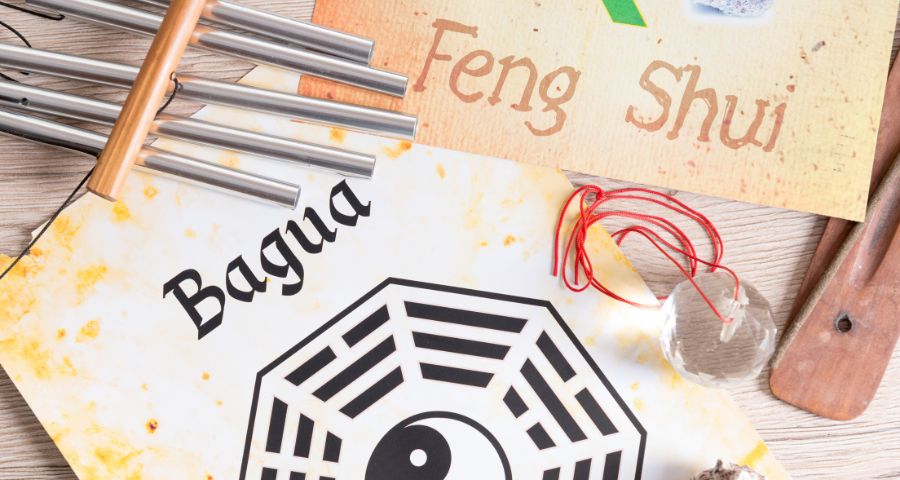
People call in consultants during transitions: buying a home, renovating, recovering from setbacks, or starting a new chapter. The changes help realign a space to support these new goals.
Some want more clarity or better sleep. Others want to unlock wealth potential or improve relationships. Regardless of the reason, the process is always tailored and thoughtful.
Whatever the reason, these professionals help people understand how their environment is shaping their mindset, emotions, and progress. Clients often walk away with more than a new layout — they gain a renewed perspective.
Final Thoughts
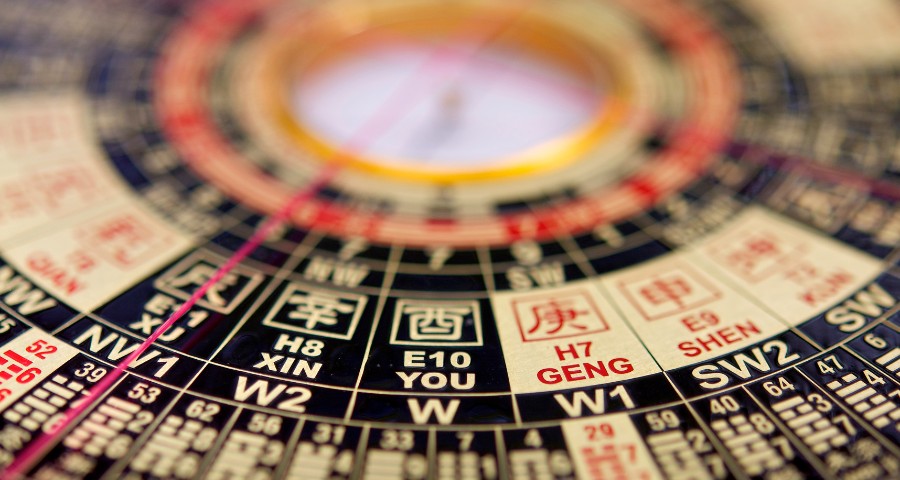
A feng shui master does more than move furniture — they help transform the relationship between people and the spaces they inhabit.
Through small but strategic shifts, these experts create environments that feel more supportive, harmonious, and energised.
Whether you’re setting up a new home or recharging an old space, their work helps you live and work with greater ease and clarity.
(Interested in learning how your space could be improved? Reach out to Divineway for a personalised assessment.)
Have a question for us?
We welcome any question with no commitments. Master Louis Cheung will seek to clarify any doubts you may have.
“Master Louis Cheung has an approachable and comfortable personality along with competent skills. I can confidently recommend Master Louis Cheung to my friends. Thank you, Feng Shui Master Louis Cheung.”
 James H.
James H.Senior Financial Analyst
